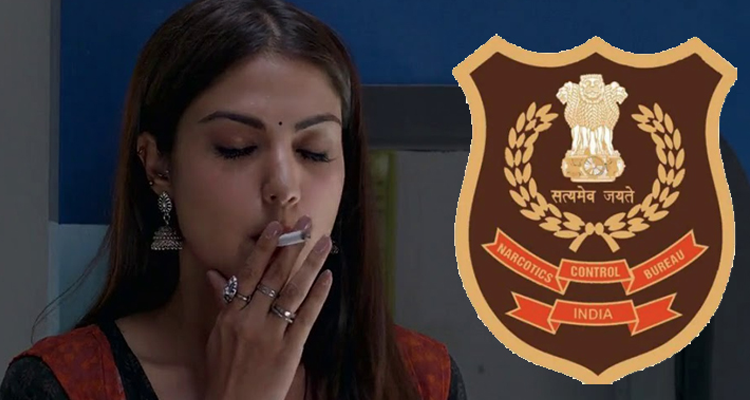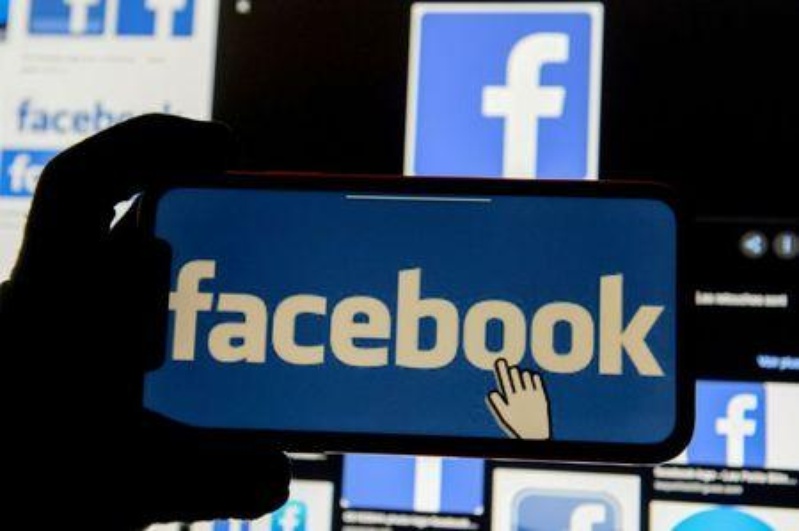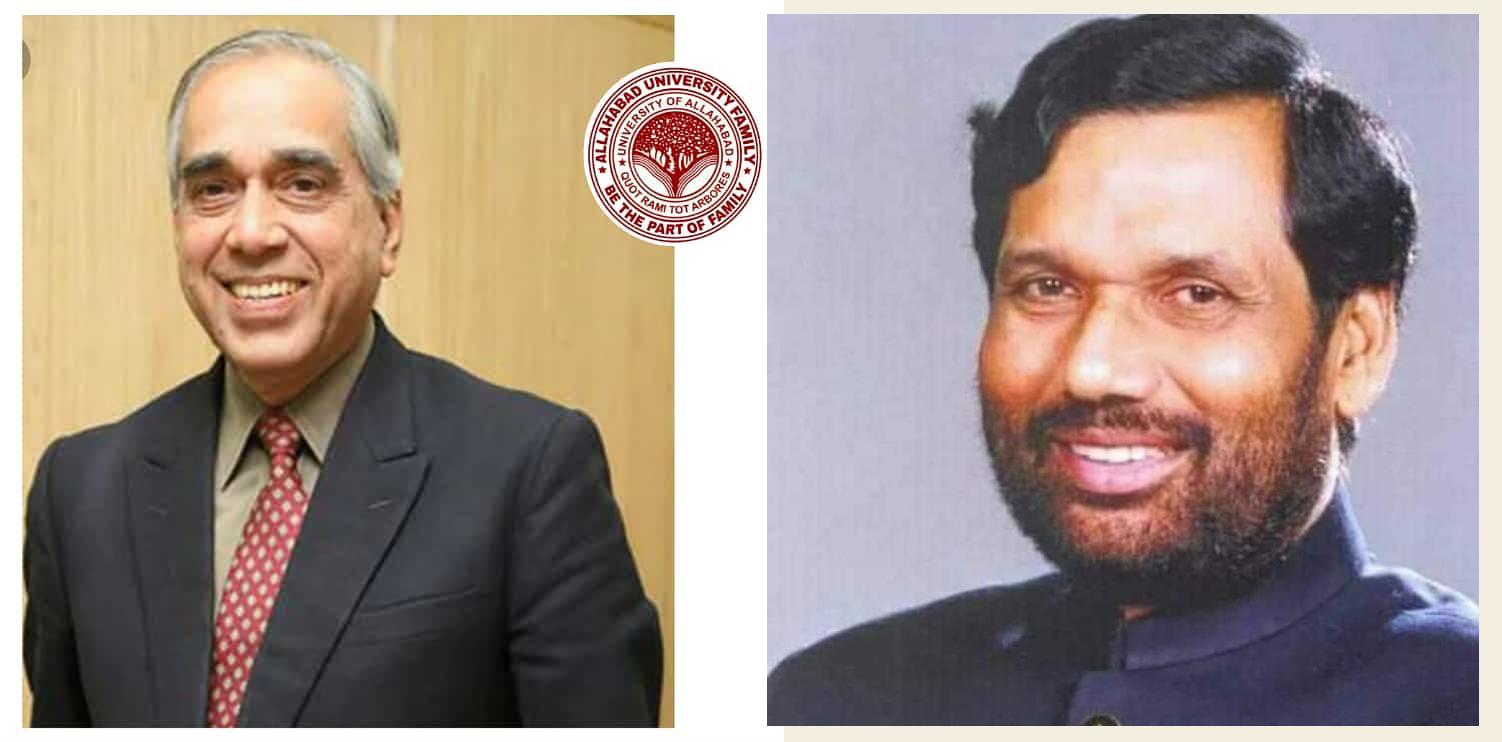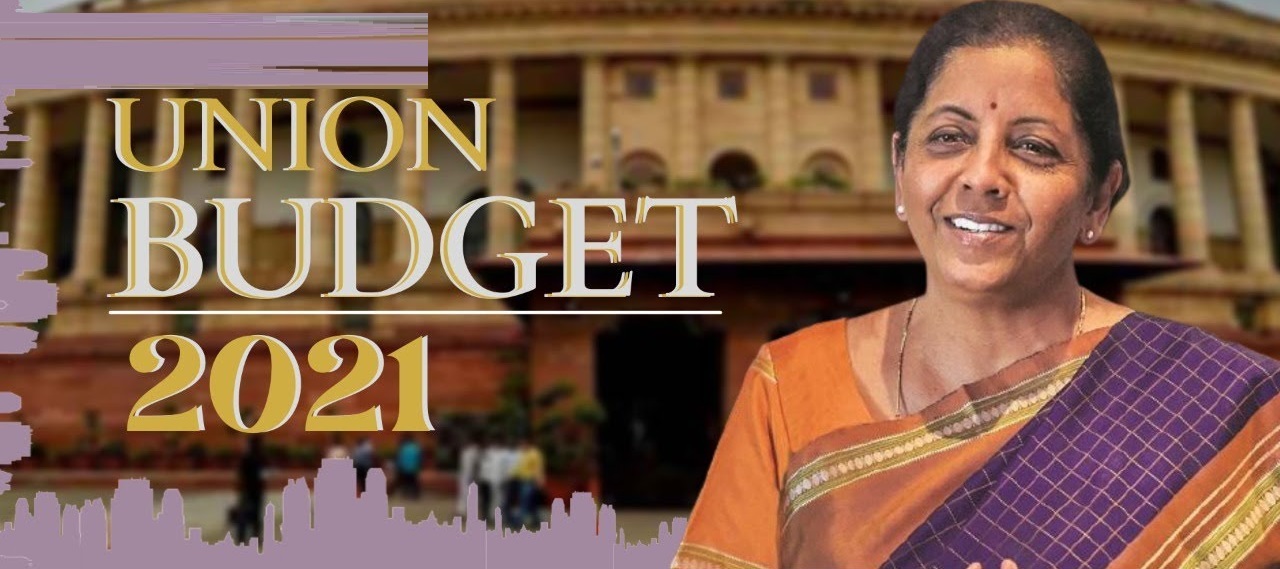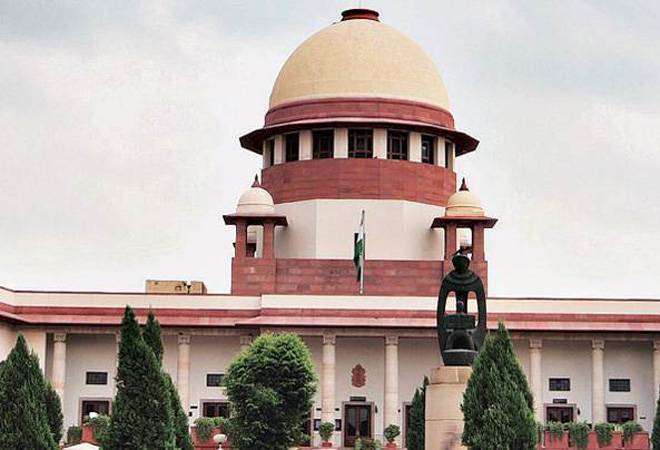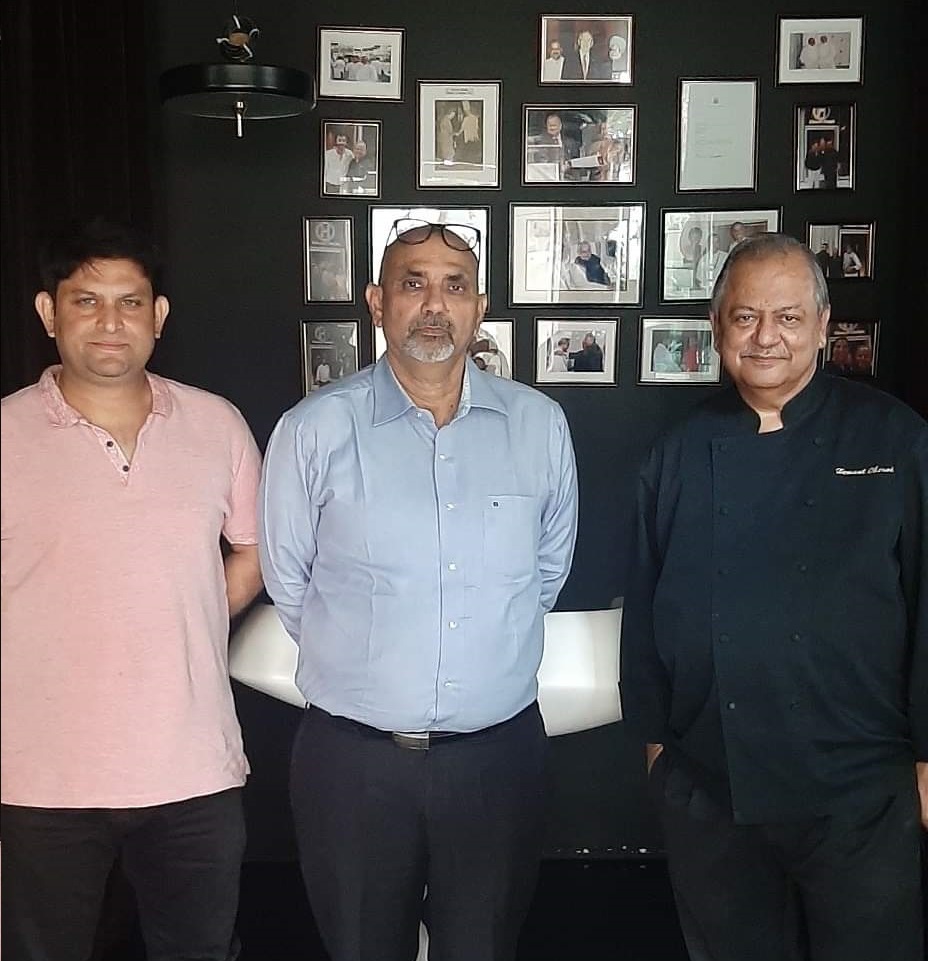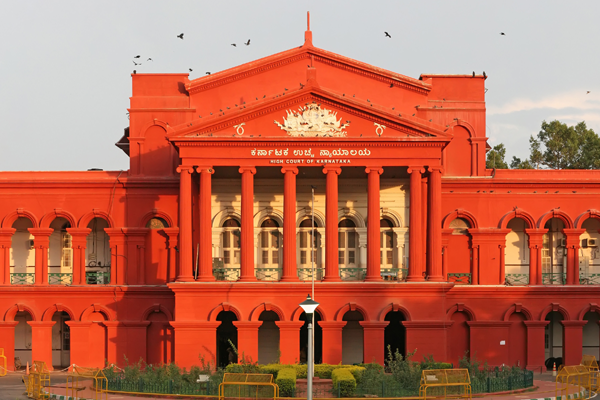
Is denial to entry in temple crime?
The Karnataka High Court has refused to drop the case against those accused of assaulting a Dalit family when they entered a shrine.
It is impossible to imagine the temple's deity to be one of a select few. Each and every person is to worship the deity. Bigotry and discrimination of any type are intolerable, the Court declared.
In a recent ruling, the Karnataka High Court declined to dismiss a criminal case brought against individuals who allegedly attacked and blocked a Scheduled Caste (SC) family from entering a temple [Pandurangabhat and ors v. State and anr.].
It is impossible to imagine the temple's deity to be one of a select few. Each and every person is to worship the deity. Bigotry and discrimination of any type are intolerable, the Court declared.
In a recent ruling, the Karnataka High Court declined to dismiss a criminal case brought against individuals who allegedly attacked and blocked a Scheduled Caste (SC) family from entering a temple [Pandurangabhat and ors v. State and anr.].
Consequently, the Court declined to put an end to the criminal case against the eight individuals who are said to have stopped the SC family from entering the Gadi Chowdeshwari shrine on the grounds that their presence would render the shrine "unholy".
The family, which consisted of a woman, her husband, and their child, was also accused of verbally abusing and being attacked by the accused.
"It is regrettable that in spite of the nation's constitution outlawing untouchability in all its forms, it still exists in rural areas. After reviewing the claims, the Court noted that "although temples are seen as symbols of unity and inclusivity, denial of rights of temple entry and worship, to persons belonging to scheduled castes and scheduled tribes, still looms large."
Given that the accused had reportedly refused access to a temple on the grounds that the family was members of a scheduled caste, the court stated that the accused's attitude appeared to be regressive.
"This discrimination needs to end right away. The Court's conscience is shocked that it is still in effect. People should be treated with respect, the Court noted.
Notably, the Court also established that, for the purposes of applying the Scheduled Caste and Scheduled Tribes (Prevention of Atrocities) Act, 1989 (SC/ST Act), a "temple" is a public venue.
Accordingly, the court decided that abuse of a Scheduled Caste member close to a temple would be subject to Section 3 of the SC/ST Act.
Since the abuses were committed outside the Temple, which is, of course, a public space, many people saw them as they were being thrown in public. As a result, the Court declared, "The challenge to the offenses under the Atrocities Act so laid falls down."
In the case the court was hearing, the plaintiff claimed that when visiting the Gadi Chowdeshwari temple in 2016, she and her family were verbally and physically harassed and insulted with disparaging remarks about their caste.
An eight-person criminal complaint was filed against them. Charges under Sections 3(1)(10) and (11) of the SC/ST Act and other sections of the Indian Penal Code (IPC) were mentioned in the complaint.
On the other hand, the accused claimed that no crime was proven. Significantly, they contended that, even in the event that abuse occurred, it did so inside the temple, which is neither a "public place" nor a "place of public view." Thus, they contended, the SC/ST Act would not be attracted.
But the Court thought otherwise.
"Knowing full well that the complainant and her family were members of the aforementioned caste, it was only because of this that they were denied entry to the temple, and mistreatment was directed outside of it "I don't know what else this could be if it can't be interpreted as a public space or even a place of public view," the Court declared.
The Court further stated that if the charge sheet and the complaint were read together, the accused would be shown to have committed heinous crimes.
As a result, the accused's plea was rejected by the court, allowing the prosecution to proceed with the trial.
Your free access to Supreme Law News has expired
For further details contact:
Dr. Ajay Kummar Pandey
( LLM, MBA, (UK), PhD, AIMA, AFAI, PHD Chamber, ICTC, PCI, FCC, DFC, PPL, MNP, BNI, ICJ (UK), WP, (UK), MLE, Harvard Square, London, CT, Blair Singer Institute, (USA), Dip. in International Crime, Leiden University, the Netherlands )
Advocate & Consultant Supreme Court of India, High Courts & Tribunals.
Delhi, Mumbai & Dubai
Tel: M- 91- 9818320572. Email: editor.kumar@gmail.com
Website:
www.supremelawnews.com
www.ajaykr.com, www.4Csupremelawint.com
Facebook: /4Clawfirm, /legalajay Linkedin: /ajaykumarpandey1 Twitter: /editorkumar / YouTube: c/4cSupremeLaw Insta: /editor.kumarg
Telegram Channel
Whatsup Channel


